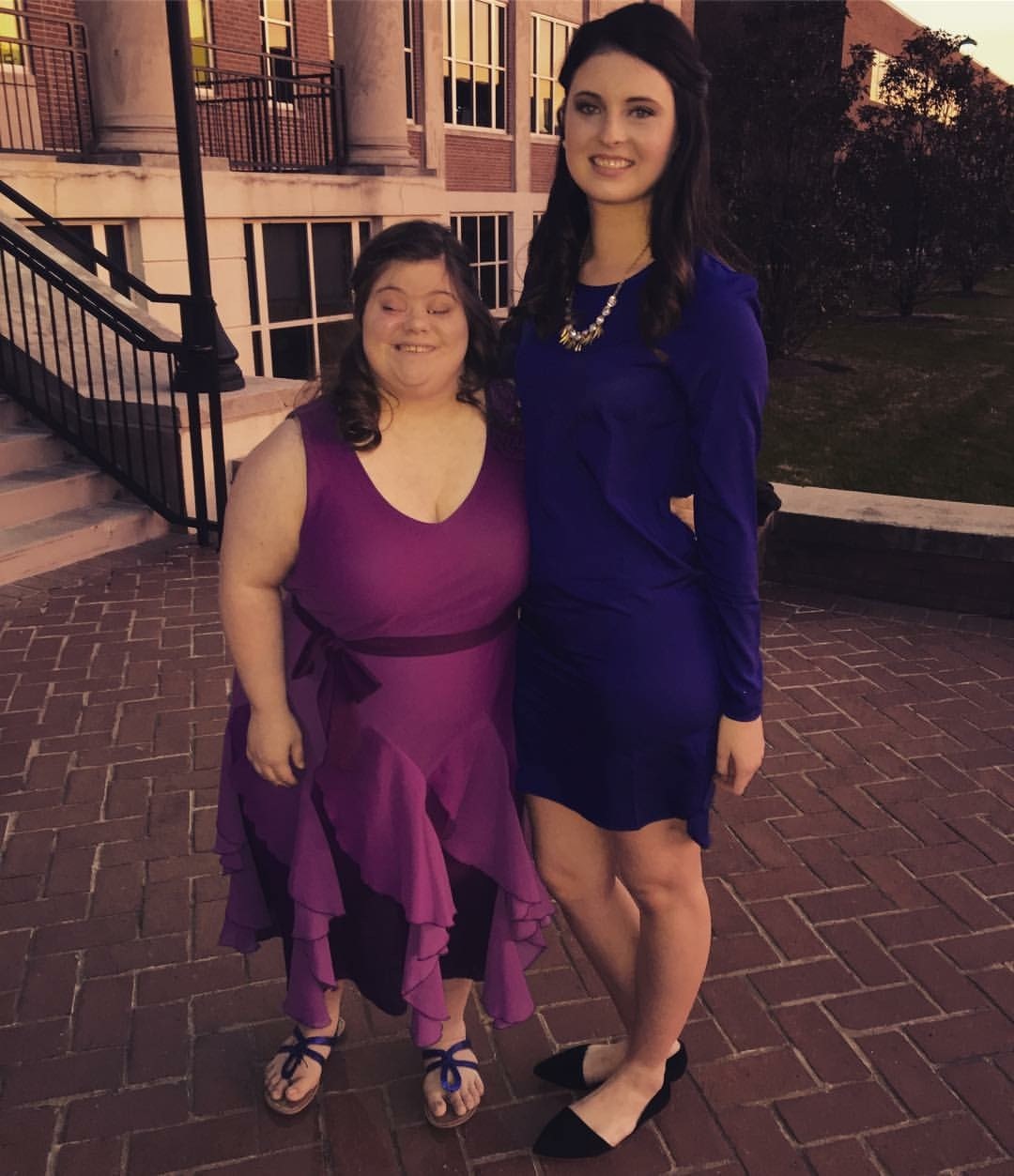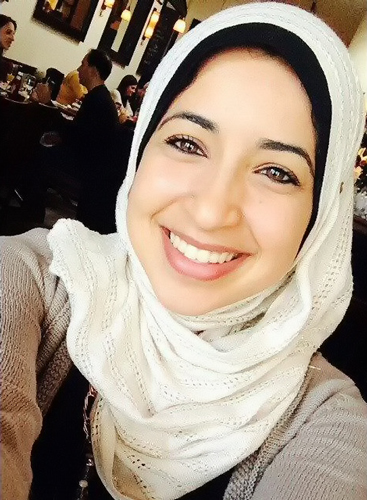news


Healthy Aging

It’s no secret, as we age we encounter more problems with our body. Changes occur that effect many different areas but it’s how we handle and grow from these changes that affect our overall health.
Healthy aging means adapting our lifestyles as we get older in order to still thrive and being proactive to lessen the impact of the natural aging process. Here we discuss how aging impacts different parts our bodies and what we can do to stay healthy.
Bones
Did you know that after the age of 30 we lose more mass than we gain? Since bones are literally the support system of the human body it is very important to take ultimate care of them. Increasing calcium and vitamin D can help and they go hand in hand. Vitamin D can be increased by sun exposure (10-15 minutes a day is sufficient) and also in certain foods such as fortified cereals, breads, shrimp, egg yolks or supplements. See more vitamin D healthy foods here. Calcium can be found in many dairy products as well as leafy greens. The National Osteoporosis Foundation has a nice list of calcium rich foods here. Vitamin K and potassium are also good to include as regular parts of our diet.
Exercise is also key to good bone health, especially light weight training. Balance training is also good as it can help prevent falls later on. Cutting back on caffeine and alcohol have also found to be beneficial, as they can impact the absorption of necessary vitamins, as well as not smoking.
Heart
Our hearts do change as we age but most of the problems with the heart are a result of disease, not aging. Much of the information on keeping our hearts healthy and preventing heart disease is truly common sense, stuff we have heard before, but it does bear repeating.
One of the first and most important things we can do is go to the doctor and find out our numbers- specifically our blood pressure and cholesterol. High cholesterol and high blood pressure are two of the major controllable risk factors for coronary heart disease, heart attack and stroke. The scary thing about this is that although controllable, most people don’t know their numbers which can mean a potential fatal situation if left untreated.
Heart health is strongly linked to our overall health, and the good news is that we can be very proactive in caring for our heart to protect it as we get older. Keeping a healthy weight, not being sedentary, eating well are all the main contributors to good heart health. Those looking for more specifics on a heart healthy diet can view this article from U.S. News and World Report that ranks a number of heart-healthy diets and eating plans.
In terms of exercise, a consultation with our doctor is best before we get started but any activity is better than none. Walking for 20-40 minutes a day, 3-5 times a week is something most all of us can do and is not too taxing on our bodies. Fitbits and other similar devices are a great way to track our activity and see if we are getting our recommended amount daily.
Skin
Our skin, like everything else changes with age. It becomes thinner, loses fat, and no longer looks as plump and smooth as it once did. Veins and bones can be seen more easily. Scratches, cuts, or bumps can take longer to heal. Years of sun tanning or being out in the sunlight for a long time may lead to wrinkles, dryness, age spots, and even cancer. But it is not all doom and gloom. We can help minimize the aging process on our skin by doing the following.
Limit our time in the sun. Yes, we know we mentioned above that sun and vitamin D are good for our bones. The key is to wear sunscreen and protective clothing and to avoid being out directly in the sun during peak times. Sun is good, sunburn is not.
Drink lots of water as it hydrates skin and makes it appear plumper, fuller and can help prevent dryness. Use moisturizer (with sunscreen ideally) and seek out the advice of a dermatologist if we have concerns with severe dryness, wrinkles, sun spots, skin tags or other skin concerns.
If we notice excessive bruising, or have scratches or cuts that aren’t healing we need to talk to our doctor immediately to see if something more severe is going on. Sometimes medications, supplements and other things may have an impact on our skin.
Memory
Maintaining a healthy brain is important so we are able to stay active and independent as we get older. As with all the other parts of our body, exercise and a healthy diet is important for the brain too.
As important as staying physically active is staying mentally active. Picking up a new hobby, learning a new skill, or taking a class has many benefits to the brain, long and short term. Formal education in particular is great for our brain health!
Staying connected socially is also essential for brain health. According to the Alzheimer’s’ Association social engagement has been proven to delay the onset of dementia as well as reduce depression, and reduce rates of disability and mortality. We can do things like volunteer, join a club or just get together with friends for coffee on a regular basis. It’s recommended that we connect with at least one person a day and face to face is best.
Some decline in memory is normal as we age but it also can be a warning sign. It’s time to see a medical professional if memory loss is noticeably declining, becoming more frequent, causing a concern for us or our family members and/or if it is interfering with our ability to live our lives and do what we want to do.
It’s never too early or too late to start living an overall healthy lifestyle. Aging can have much less of an impact on our ability to live a joyful and healthy life if we understand what’s happening to our bodies and know what to expect.


















